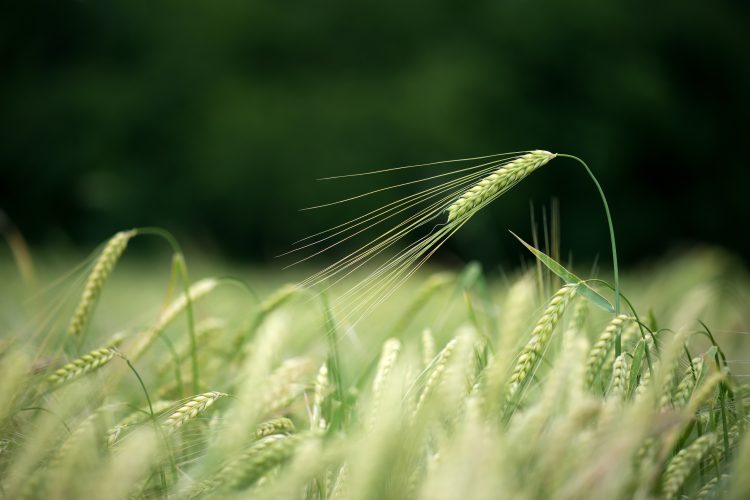Gene variant discovered that triggers early flowering in barley
- Like
- Digg
- Del
- Tumblr
- VKontakte
- Buffer
- Love This
- Odnoklassniki
- Meneame
- Blogger
- Amazon
- Yahoo Mail
- Gmail
- AOL
- Newsvine
- HackerNews
- Evernote
- MySpace
- Mail.ru
- Viadeo
- Line
- Comments
- Yummly
- SMS
- Viber
- Telegram
- Subscribe
- Skype
- Facebook Messenger
- Kakao
- LiveJournal
- Yammer
- Edgar
- Fintel
- Mix
- Instapaper
- Copy Link
Posted: 21 June 2023 | Grace Galler | No comments yet
A study has found a “tiny mutation” in the genetic material of barley that ensures those plants develop faster and subsequently flower earlier.


Researchers at the Martin Luther University Halle-Wittenberg (MLU) have discovered a “tiny mutation” in the genetic material of barley that “ensures those plants develop faster and thus flower earlier than established barley varieties”.
The study authors highlight that the plant yields “remain the same” even with the presence of the “tiny mutation”.
The study was published in the Journal of Experimental Botany. According to the researchers, the findings are advantageous as they say the plants “could potentially adapt better to the effects of climate change and continue to produce stable harvests”.
“The genetic diversity of current barley varieties is limited, which means they can only moderately adapt to changing environmental conditions in the course of climate change,” explains the leader of the study, Dr Andreas Maurer from the Institute of Agricultural and Food Sciences at MLU. His observation prompted the researchers to look for ways to better adapt crops to these new conditions in the future.
In the study they found the Early Flowering3 (ELF3) gene to be an essential component of a plant’s “circadian clock”. The researchers define this as “a whole network of genes and proteins that control various processes in plants so they can, for example, react to the day-night rhythm and the seasons”.
As part of their field trials and greenhouse experiments, the team investigated different natural variants of the ELF3 gene in almost genetically identical plants by crossing an established barley variety (Barke) with various wild barleys. In turn, they discovered that even though its genetic code differed only at a single point compared to the established ELF3 variant, the plants developed significantly faster.
When compared to plants carrying the established ELF3 variant, they claim these plants flowered up to 18 days earlier in the greenhouse trial and up to four days earlier in field experiments.
“Depending on the weather, even those four days can greatly impact yields, as the plant can complete important stages of its development before possible harmful events happen.,” explained the researchers.
“Crossing with natural variants of wild barley is often accompanied by yield losses. Remarkably, this wasn’t the case in our study,” added Maurer.
The barley with the special natural ELF3 variant produced comparable yields. Researchers claim the findings of the study could help to create new, climate-resilient barley.
“By crossing with the natural variant, we found that barley could flower before a dry period sets in and thus deliver a higher yield than later-flowering varieties. Such adaptations are necessary in order to secure the world’s food supply in the face of global warming,” concluded agricultural and food scientist Tanja Zahn.
Related topics
Research & development, Supply chain, Sustainability, World Food









